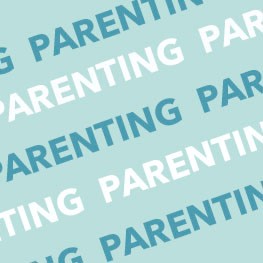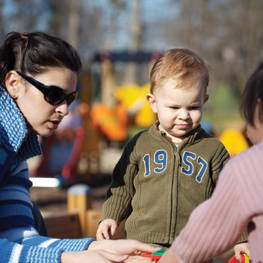



In the world of child abuse prevention, talking about secrets is very important. Children often tell secrets to friends or siblings and the secrets are often harmless. But sometimes secrets can be dangerous or hurtful to others. Helping children differentiate between ‘okay’ and ‘not okay’ secrets is useful, but others suggest not doing secrets at all. So what’s the big deal?

Many kids are drawn to adult-level information. They eavesdrop on their parent’s conversations, pay attention to what’s happening on the news and take every opportunity to read their parent’s text messages and emails. As hard as parents try, kids are still finding out information they have no business knowing.

There are hundreds of strategies for changing behaviors and what strategies and methods you choose is dependent on your child’s needs, abilities, and also your time and means to achieving a behavior goal. Underlying reasons of why a behavior is occurring needs to be considered when choosing an approach; however, these list of tips - no matter the child’s level of functioning or underlying reasons why - apply to implementing your chosen approach.

Part of the parenting job is to teach children proper socialization and to be considerate of others in public places. These skills will help children get along harmoniously with their future teachers, friends, co-workers, bosses and in-laws. Learning the etiquette of parenting takes practice and noticing what are the norms in North American society. If you are inexperienced with children of a particular age or stage, it might be helpful to learn a bit about child development, which explains why kids do what they do.
Calgary’s Child Magazine © 2024 Calgary’s Child